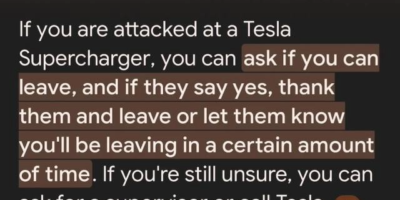Many of you may be unsure about what We Day is, but there is a good chance you’ve heard about it before or have even supported its cause. Over 590,000 Canadians have liked Facebook’s We Day page on Facebook, where Facebook promises to donate a dollar for every person who likes the page, aiming for one million likes totally in $1 million.
We Day is a Free the Children event created to inspire young people to make a positive change in the world. Every year, more than 50,000 students attend the inspirational concerts held in Toronto, Montreal and Vancouver, and this year marks the first time that the event has been held in Waterloo Region. This event, held February 17 by Free the Children, had 6,000 kids from 250 schools cheering, screaming and dancing in support of freedom and social change at the Kitchener Memorial Auditorium Complex.
Free the Children was founded in 1995 by Craig Kielburger at age 12 when reading about Iqbal Masih, a 12-year-old factory worker from India who got murdered for speaking out against child labour. Craig founded the organization soon after with his classmates and brother Marc with the mentality that “every single child deserves to hold a pencil in a school instead of a tool in a factory.” 15 years later, 650 schools have helped over one million people get clean access to water. Free the Children avoids being labelled as a charity because it aims to provide long-term solutions instead of short-term funding. They accomplish this through their Adopt-a-Village program, where they work with villages to build solutions to significant infrastructure problems.
We Day Waterloo was headlined by many influential speakers, from Al Gore to Reverend Jesse Jackson. Africa’s first elected female president, Ellen Johnson Sirleaf of Liberia, was one of the most anticipated speakers but was unable to attend due to political events in West Africa. A more unique speaker at the event was Michel Chikwanie, a former child soldier from the Democratic Republic of Congo forced to kill his best friend. After five years in service, he ran from the jungle and became a student at the University of Toronto. The Minister of Education and a member of the National Assembly of First Nations emphasized Aboriginal education and improvements that could be made in that field in addition to African education.
Research in Motion (RIM) was the major sponsor for the Waterloo event, but funding the event wasn’t the end of RIM’s philanthropy efforts. “RIM sponsored 50 kids to go to Kenya and India [this summer],” said their chief operating officer Don Morrison. 175 employees from the company volunteered at the event, and while RIM declined to announce the company’s spending towards Free the Children, their staff commitment demonstrates strong dedication to their charitable endeavours.
A common theme among speakers was that youth can make a difference no matter how young they may be. They strongly believe young people are not just going to be the leaders of tomorrow, but that they can be the leaders of today. They also destroy the myth that money is the only way to change the world. By bringing children to the regions in need, young people can be primary sources of assistance by directly helping build schools and seeing the situations first-hand. Free the Children and We Day enables them to help others at an early age and make a difference in society. Mike Clemons of the CFL perhaps summarized this sentiment best: “The opportunity of life is to dream. The spice of life is to dare… But the true beauty of life is to give.”




Leave a Reply